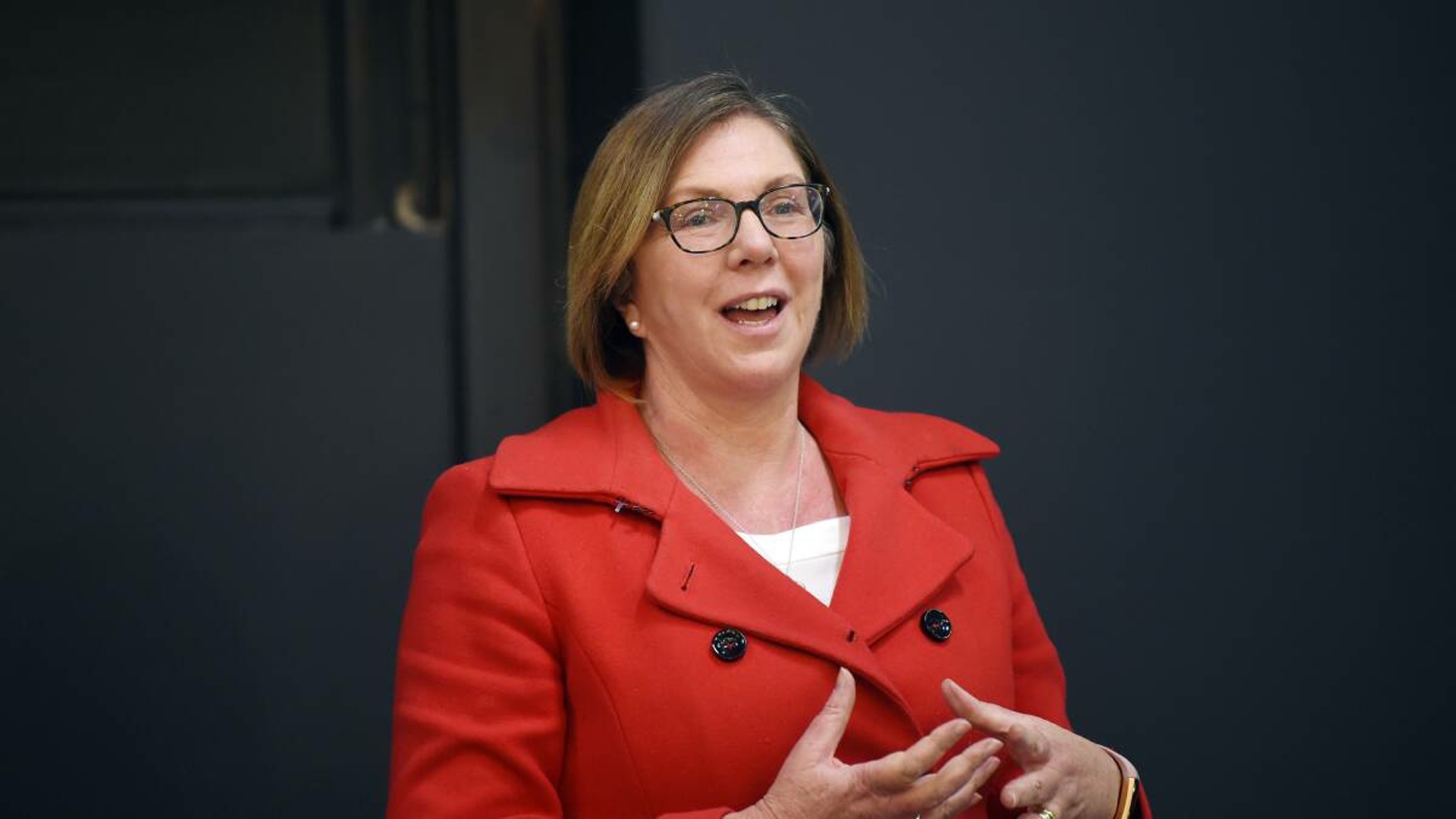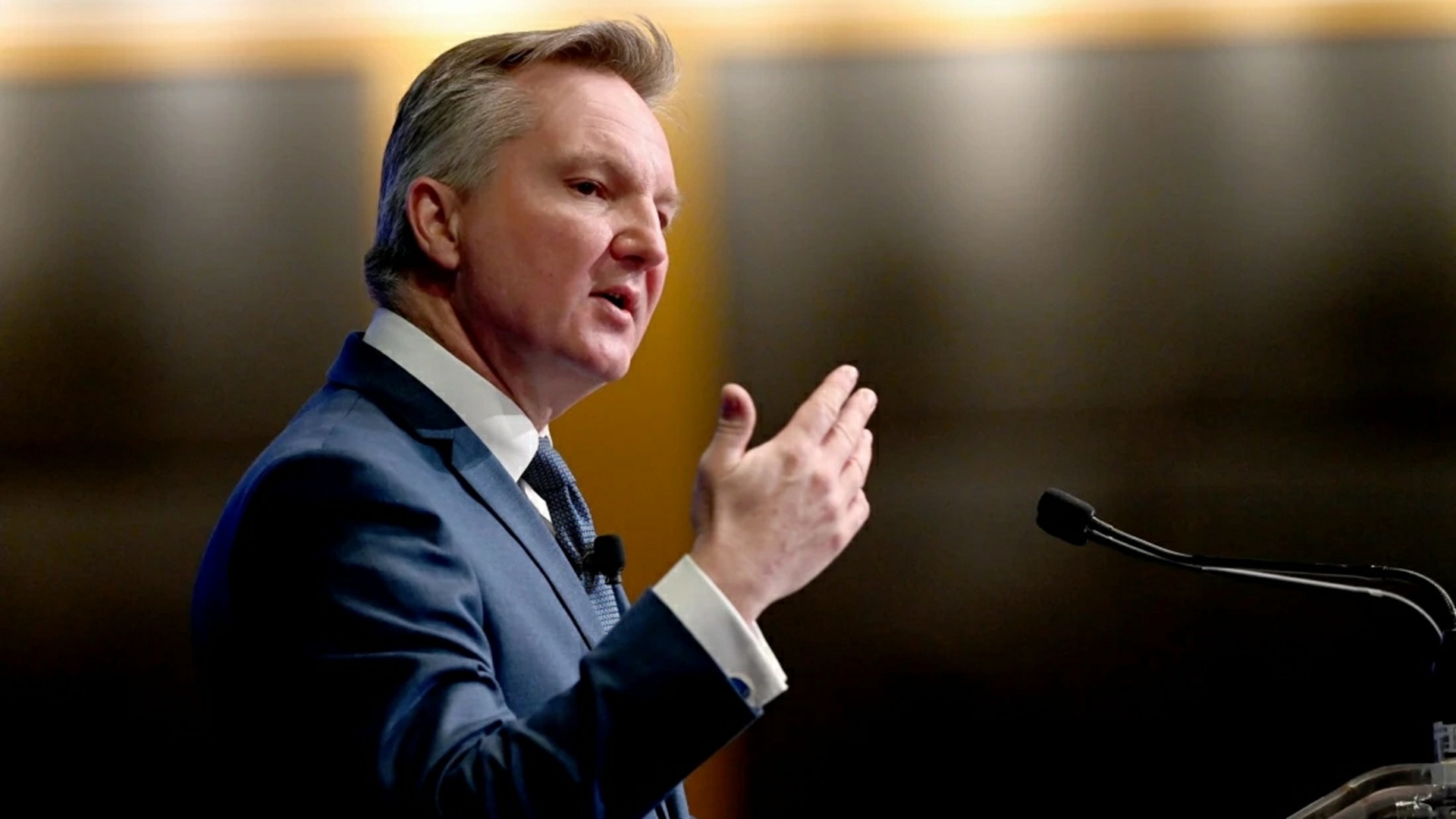The Australian Government has announced adjustments to its proposed New Vehicle Efficiency Standard (NVES) following consultations with key stakeholders, including representatives from various automotive sectors. Climate Change and Energy Minister Chris Bowen, along with Transport Minister Catherine King, revealed the revisions, which aim to facilitate the legislation’s passage through Parliament.
The amendments to the NVES legislation, set to be introduced in Parliament imminently, are designed to take effect from January 1, 2025, with penalties deferred until July 1, 2025. Notably, the government has allocated $60 million in support for car dealerships to bolster charging infrastructure under the “Driving the Nation” fund.
Among the significant changes, certain “workhorse-type” four-wheel drives, such as the Ford Everest, Nissan Patrol, and Toyota LandCruiser, will transition from the passenger car category to the light commercial vehicle category alongside utes and vans.
Adjustments will be made to the emissions trajectory for the light commercial vehicle category, incorporating weight-based relative emissions limits to reflect the heavier emissions of larger vehicles.

Minister King emphasized the government’s responsiveness to practical suggestions, while Minister Bowen underscored the absence of specific electric vehicle sales targets, citing motorists’ freedom of choice. He emphasized that the revisions were the outcome of constructive engagement with industry and advocacy groups, acknowledging the diverse range of perspectives.
Toyota Australia president and CEO Matthew Callachor expressed support for the government’s adjustments, recognizing the challenges ahead in achieving ambitious emission reduction targets. Responding to assertions labeling the NVES as a “ute tax,” Callachor clarified that the policy aims to reduce emissions across the economy.
Despite initial reservations from the Greens, party leader Adam Bandt indicated a willingness to consider the legislation, acknowledging its significance for climate action and consumer choice. However, Opposition Leader Peter Dutton reiterated opposition to the NVES, criticizing it as punitive and detrimental to vehicle affordability.
The Federal Chamber of Automotive Industries (FCAI) cautiously welcomed the government’s modifications to the NVES but expressed ongoing concerns about the potential impact on the industry and consumers. The FCAI urged the government to provide comprehensive details of the legislation and underlying modeling to facilitate informed evaluation.

